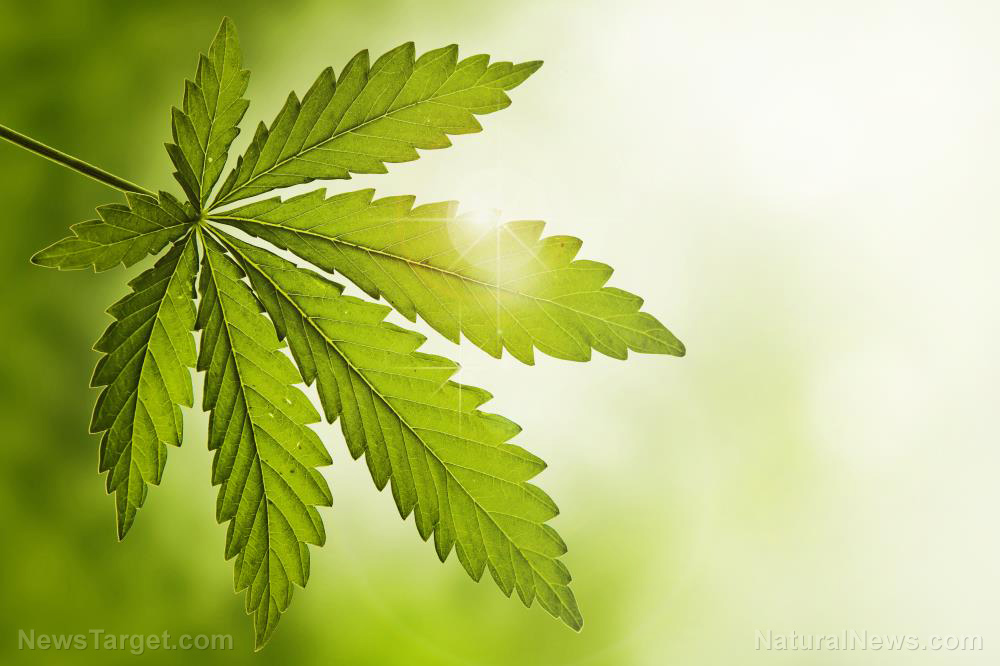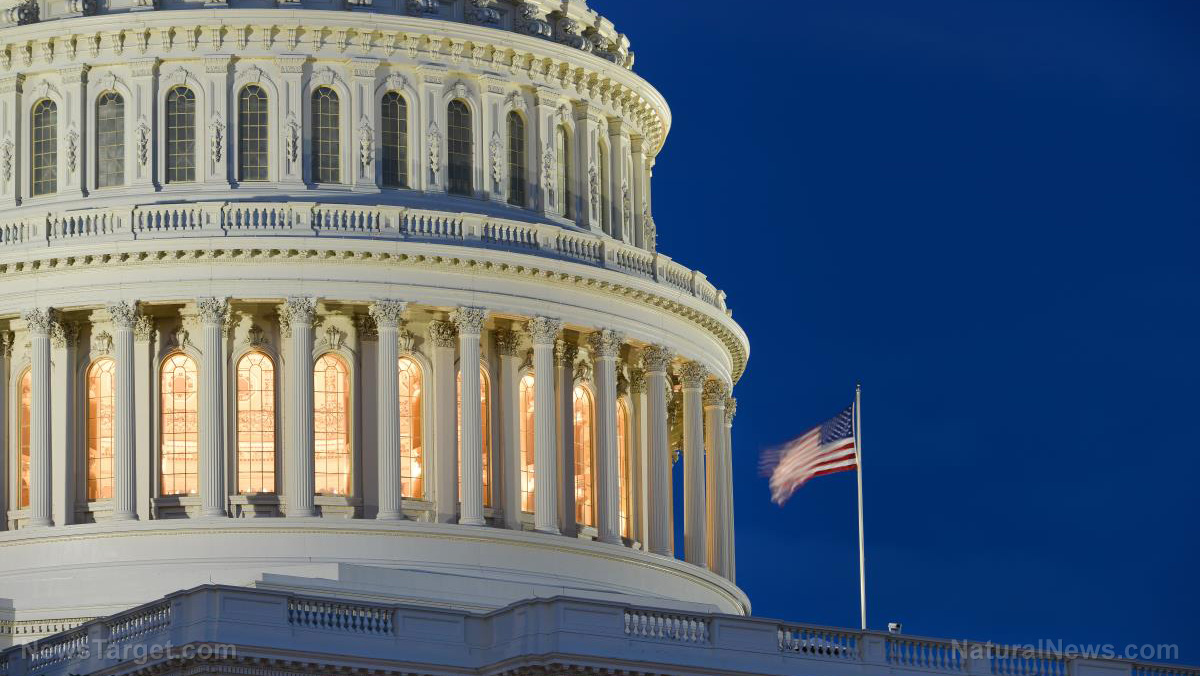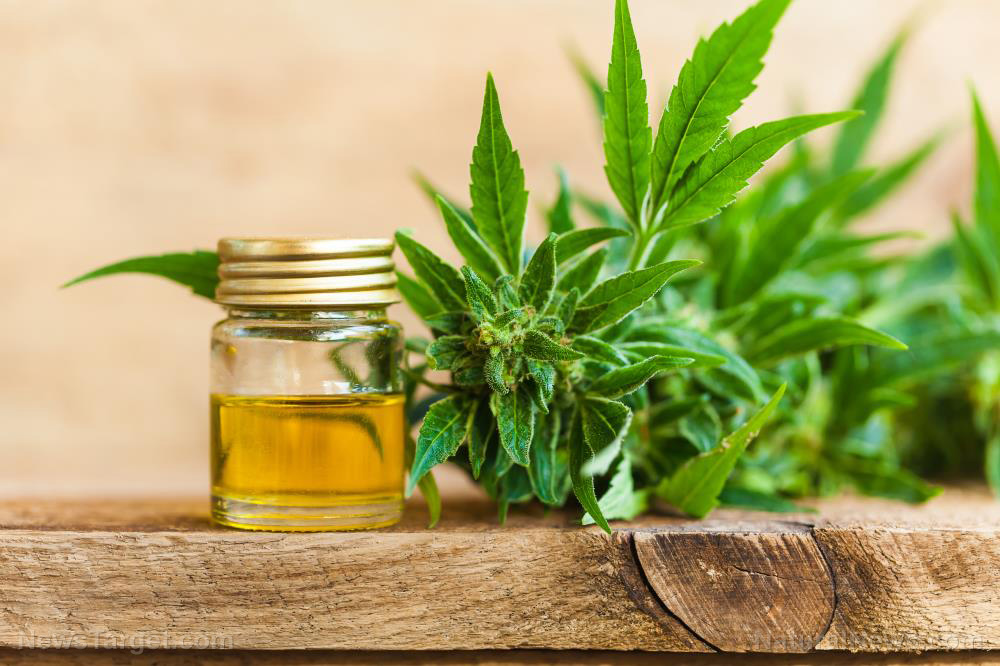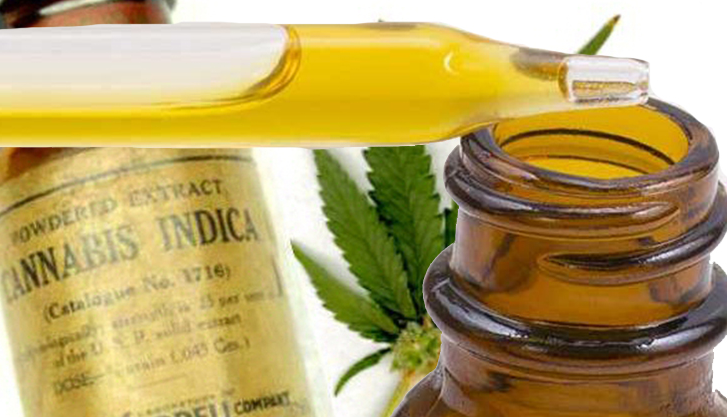
The product, named Epidiolex, is said to be a "purified CBD solution," and on April 19, 2018, an FDA panel voted unanimously to recommend it be approved for the treatment of seizures in two disorders, Dravet syndrome and Lennox-Gastaut syndrome. As Live Science reports, the panel looked at several studies of Epidiolex to reach their conclusion.
Live Science points to a recent clinical trial of the drug, noting that the product successfully reduced seizure frequency in patients by up to 50 percent. According to study leader Dr. Orrin Devinsky, the product is 99 percent CBD and is unlike the products commonly available at dispensaries around the U.S. "It's not something that you can get by smoking marijuana. It is a very specific pharmaceutical-grade product," Devinsky insisted.
Is it better if it's "medicine"?
But, as some might wonder: Is whatever GW Pharmaceuticals synthesized in a lab actually better than a whole-plant CBD product?
Firstly, in the clinical trial of Epidiolex, it was not tested against any kind of whole-plant CBD product that is currently being used to treat seizures in medical marijuana states. How can GW Pharmaceuticals really claim their product is better, when it hasn't been put to the test?
And as is par for the course these days, the clinical trial was "supported" by the product's manufacturer -- which always raises serious questions about the legitimacy of their findings.
Pharmaceutical propagandists want you to believe that only their products are safe and effective, but there is evidence to the contrary. Beyond the sham of "FDA approval," science has shown that CBD isolates (like what GW Pharmaecuticals is pushing) are actually less effective than a whole plant extract.
A team of Israeli researchers have shown that CBD isolate comes with a bell-shaped dose response -- and whole plant extracts can easily out perform it. That is to say, these products have a narrow window of greatest efficacy -- and after that, the benefits taper off. Sometimes higher doses even become less effective than lower doses. But, extracts made from the whole plant do not seem to exhibit the same kind of restricted use. The synergy that occurs between CBD and other cannabinoids (of which there are hundreds) seems to play a role in the overall therapeutic capacity of CBD. So while a high-CBD strain of cannabis may be preferential, eliminating the presence of other cannabinoids entirely (as GW Pharmaceuticals is trying to do) may be shortsighted.
But concerns about Big Pharma trying to take over the medical cannabis industry do not end with a reduction in health benefits, unfortunately. If the FDA approves this drug, and the others like it that are sure to follow, there will be "no reason " for marijuana prohibition to come to an end -- at least in the eyes of corrupt federal agencies.
It is truly disgusting that an entire plant can be so demonized -- while an entire industry stands to profit from synthesizing it. If cannabis is such a risk to public health, then why is it literally being used to create medicine? This is not the first time that the industry has made millions off of prohibition; even though marijuana's psychoactive compound, THC, is highly illegal, Big Pharma has made drugs out of that, too.
Keep up with the latest cannabis controversies at CBDs.news.
Sources for this article include:
Please contact us for more information.























